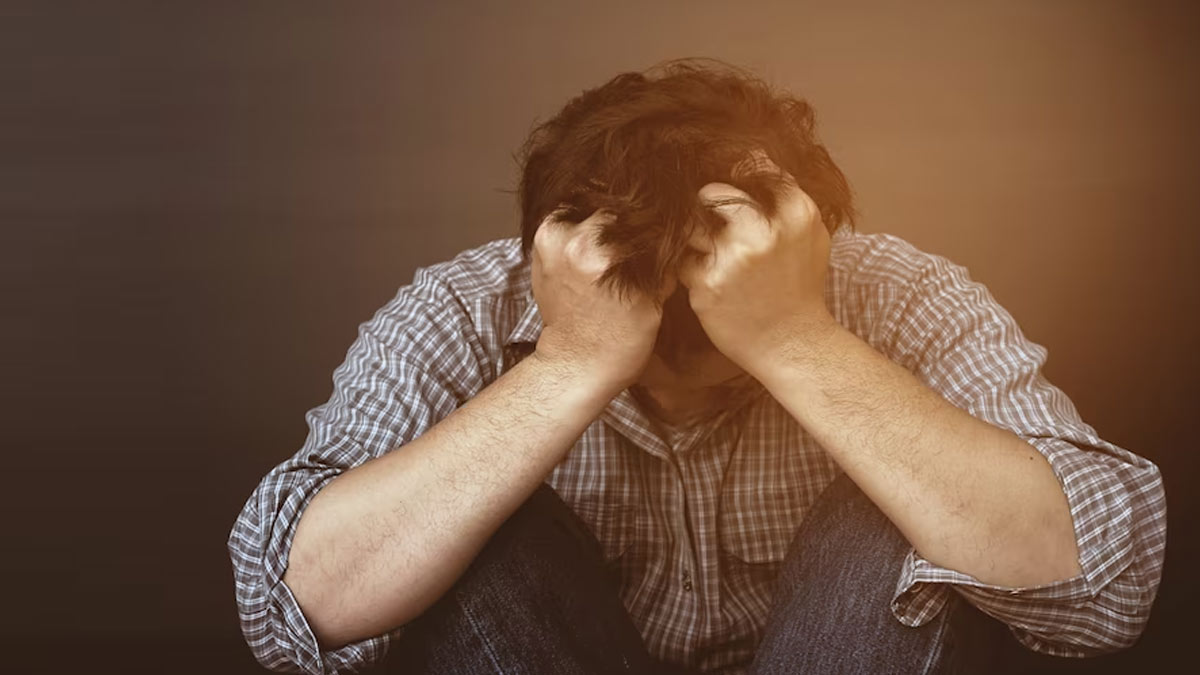
Do you feel anxious after consuming alcohol? While after effects of drinking are well-known, anxiety is least talked about and is overlooked. The term given to anxiety experienced after drinking alcohol is called hangxiety.
People who drink alcohol usually think that they are drinking to relieve the symptoms of stress and anxiety. However, according to study, alcohol exerts different effects on anxiety, depression, and social behaviour right after a day of binge drinking.
To know more about this post drinking anxiety, OnlyMyHealth interacted with Ankur Singh Kapur, Consultant Clinical Psychologist at Artemis Hospital, Gurugram.

What Is Hangxiety
Explaining hangxiety in simple terms, Kapur said, “Hangxiety is a phenomenon where alcohol-induced anxiety starts occurring after consumption of alcohol. It involves neurotransmitter level changes, dehydration, genetic factors, and cognitive impairments.”
Adding further, he said, “Hangxiety involves feeling on-edge or irritable and being unable to sleep or relax after alcohol consumption. It usually lasts for a day but this may vary depending on the amount of alcohol consumed and personal factors.”
According to Kapur, getting anxious after drinking is very common because alcohol changes the levels of serotonin and other neurotransmitters in the brain which can aggravate anxiety. Giving an example, Kapur said that in some cases people are likely to feel more anxious after the alcohol wears off.

Symptoms
Here are some common symptoms people feel a night after binge drinking alcohol.
- Constantly feeling that everything is not or will not be okay
- A general sense of dread
- Sense of shame
- Guilt or regret about what happened when you were drunk
- Irritability
- Paranoid feelings
- Increased heart rate
- Jitteriness
- Sweating
- Not being able to sleep
So after binge drinking when you wake up with these symptoms, it is likely that you are experiencing hangxiety.
Citing research, Kapur said hangxiety is more common in women and in people who are prone to anxiety or have an anxiety disorder. “Basically, the anxiety-alcohol link works both ways creating a loop where heavy drinking can trigger anxiety, and people with anxiety disorders may use alcohol to feel relaxed,” Kapur said.
Effects Of Alcohol On Brain

When you drink alcohol, it makes you feel trippy, dizzy and most of the time you lose control over yourself. And after you wake up, you seldom remember anything that happened when you were drunk. This shows, certainly, alcohol affects the brain vastly. But how does it affect the brain?
To this, Kapur said, “Alcohol significantly affects the brain by interfering with the brain's communication pathways and can even affect the way the brain looks and works. Alcohol makes it difficult for the brain areas controlling balance, memory, speech, and judgement to do their jobs, resulting in a higher possibility of injuries and other negative outcomes.”
Tips To Ease Your Hangxiety
Here are some effective tips given by Kapur to manage hangxiety.
- Get some sleep and give yourself time to relax
- You can consider taking some over-the-counter pain medication which may help with physical symptoms
- Practise Mindfulness
- Practice meditation and slow-breathing exercises
These tips will help you overcome and manage the symptoms of your hangxiety. Moreover, limiting the consumption of alcohol is of utmost importance to keep hangxiety at bay.
Also watch this video
How we keep this article up to date:
We work with experts and keep a close eye on the latest in health and wellness. Whenever there is a new research or helpful information, we update our articles with accurate and useful advice.
Current Version